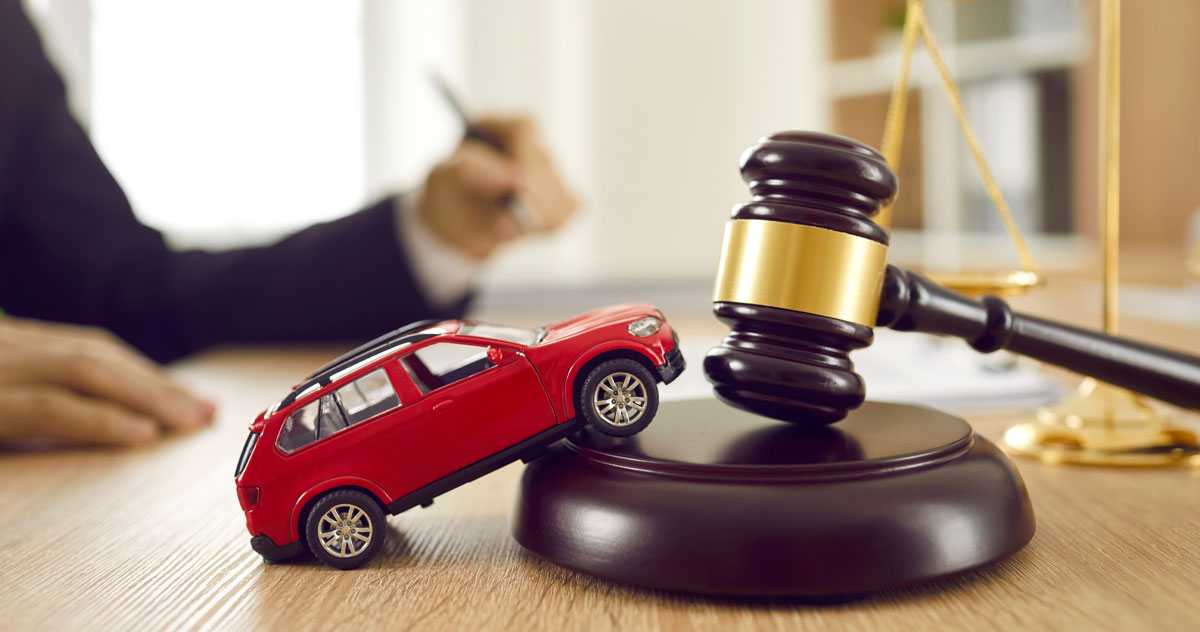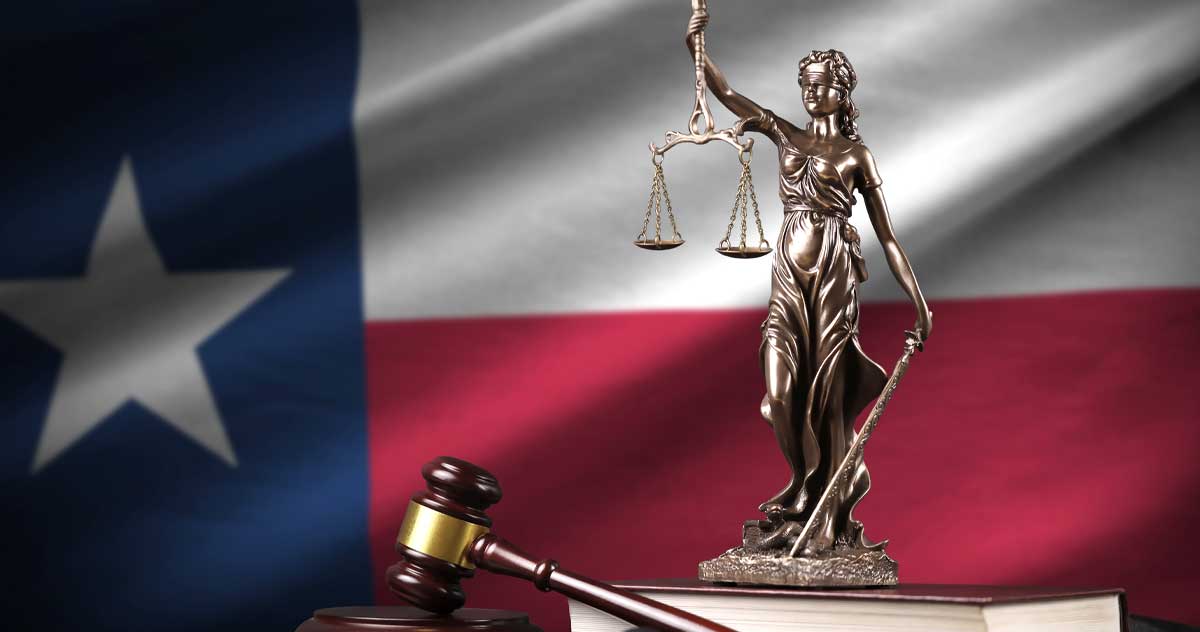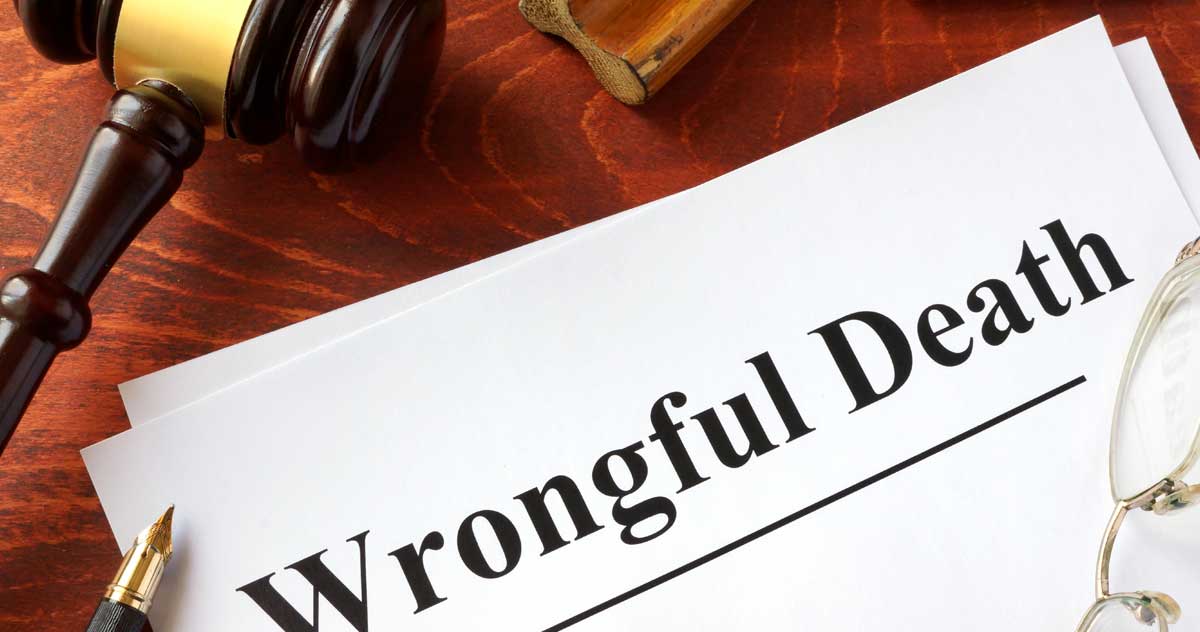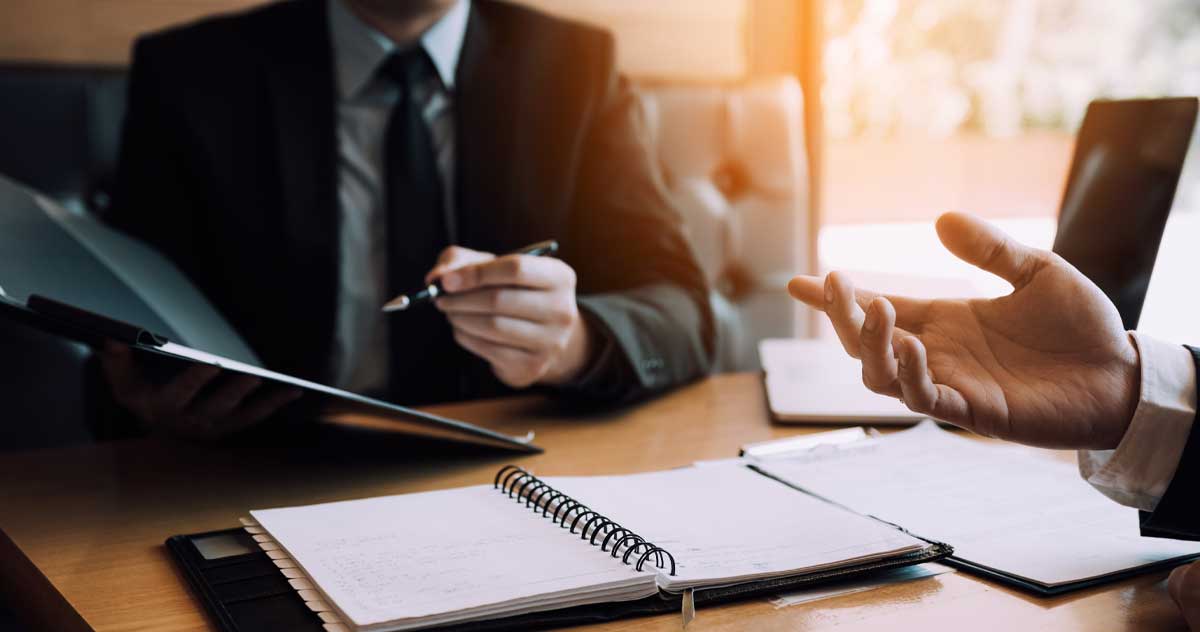Motorcycles are thrilling and offer a sense of freedom that few other vehicles can match. Yet, the same features that make them an exhilarating choice can also render riders vulnerable to serious accidents. When unfortunate events strike, securing a competent motorcycle accident lawyer becomes paramount. Here’s a guide to the vital questions you need to ask during your initial consultation.
1) What Experience Do You Have with Motorcycle Accidents?
Given the unique nature of motorcycle accidents, a specialized understanding is essential. While a vehicle accident lawyer might have vast experience with car accidents, motorcycle accidents bring forth their own set of challenges. Make sure to choose a lawyer who has handled cases specific to motorcycle mishaps.
2) What is Your Track Record of Success?
Past success often hints at future outcomes. Ask about the motorcycle accident lawyer’s win-to-loss ratio, settlements secured, and their familiarity with motorcycle-specific laws and regulations. This will give you a glimpse of their capability.
3) How Do You Handle Fees and Expenses?
Cost is a significant factor for many. Clarify the fee structure upfront. Some lawyers work on a contingency fee basis, meaning that you only pay if you win. Others might have fixed fees or hourly rates. Knowing this ahead of time will eliminate any unpleasant surprises later.
4) How Involved Will I Need to Be in the Process?
Each vehicle accident lawyer operates differently. Some might prefer that you’re heavily involved, attending each deposition and court appearance. Others may ask you to provide necessary information and then handle the intricacies themselves. Gauge what works best for you.
5) What is the Potential Value of My Claim?
While no vehicle accident lawyer or motorcycle accident lawyer can provide exact figures, their expertise should allow them to give a ballpark estimate. Understanding the potential value of your claim can help set realistic expectations.
6) How Long Will the Process Take?
The legal process can be time-consuming. A clear timeline helps in planning and eases anxiety about the unknown.
7) Will My Case Likely Go to Trial?
Many cases are settled outside of court. However, there is always the possibility of going to trial. A lawyer’s perspective on this can guide your mental and emotional preparation.
8) How Will We Communicate?
Transparent and frequent communication builds trust. Discuss preferred methods of communication, whether that’s emails, calls, or face-to-face meetings. Make sure that your vehicle accident lawyer is accessible and receptive.
9) Who Will Be Working on My Case?
In some firms, while you might consult with one motorcycle accident lawyer, another might handle your case. Knowing the key players and their roles can help to streamline interactions and avoid confusion.
10) What is Your Strategy?
While exploring the specifics might be premature, a general strategy overview can indicate the lawyer’s approach and methodology. This sheds light on how they plan to champion your interests.
11) How Do You Stay Updated with the Latest Legal Developments?
Laws and regulations are dynamic, ever-changing landscapes. A motorcycle accident lawyer who actively stays updated with the latest changes related to motorcycle accidents will be better equipped to handle your case.
12) Do You Collaborate with Experts?
Some cases require expert testimonies. Understanding a lawyer’s network can give you more insights into how comprehensive their approach might be.
13) Can I Access Client Testimonials?
Feedback from previous clients of a motorcycle accident lawyer can offer a candid look into the lawyer’s expertise and approach.
14) How Do You Decide When to Settle?
When evaluating a vehicle accident lawyer, understanding their philosophy on settlements versus trials can make it easier for you to understand their overarching strategy and if it aligns with your expectations.
15) How Do You Handle My Personal Information?
In today’s digital age, the security of your personal data is paramount. When evaluating a vehicle accident lawyer, it’s crucial to ask questions to ensure that your details will be kept confidential.
16) What Happens if You are Unavailable?
Life can be unpredictable, even for a vehicle accident lawyer. It’s important to find out more about the contingency plans in place in case the primary attorney is unable to represent you for any reason.
The Fundamentals of an Effective Lawyer-Client Relationship
Navigating the aftermath of a motorcycle accident is stressful. Along with physical injuries and emotional trauma, the legal intricacies can be daunting. While having the right motorcycle accident lawyer is crucial, the strength of the lawyer-client relationship also plays a vital role in achieving a favorable outcome.
Trust and Transparency
Trust is the foundation of any strong relationship. For you, as the client, this means believing in your lawyer’s competence and integrity. On the other hand, your vehicle accident lawyer must be transparent about potential outcomes, risks, and case progress. Regular updates and honest feedback reinforce this trust, ensuring both parties are on the same page.
Collaborative Decision Making
Your lawyer possesses the legal expertise, but remember, it’s your life and story. Engage in active dialogue. Discuss potential strategies, understand the implications, and make decisions collaboratively. This not only reinforces trust but also ensures that your voice and preferences remain central.
Cultural Sensitivity and Respect
Motorcycle riders come from diverse backgrounds. A lawyer who acknowledges and respects this diversity ensures a comfortable environment. By being culturally sensitive, attorneys can better understand their clients, leading to a more tailored approach to the case.
Establishing Boundaries
While a close lawyer-client relationship is beneficial, it’s essential to set clear boundaries. Determine the best times for meetings or calls, understand the scope of your collaboration, and respect each other’s private space and time. This professional distance can enhance the overall effectiveness of the relationship.
Openness to Feedback
There may be times when you are unsatisfied with an aspect of the case or how it’s being handled. A lawyer who is receptive to feedback, whether positive or negative, and acts on it, is invaluable. Constructive criticism can refine the process and strengthen the relationship.
Have you been involved in a motorcycle accident? Do you need legal representation? Contact our legal team at What’s My Case Worth and let our experts fight for you.
